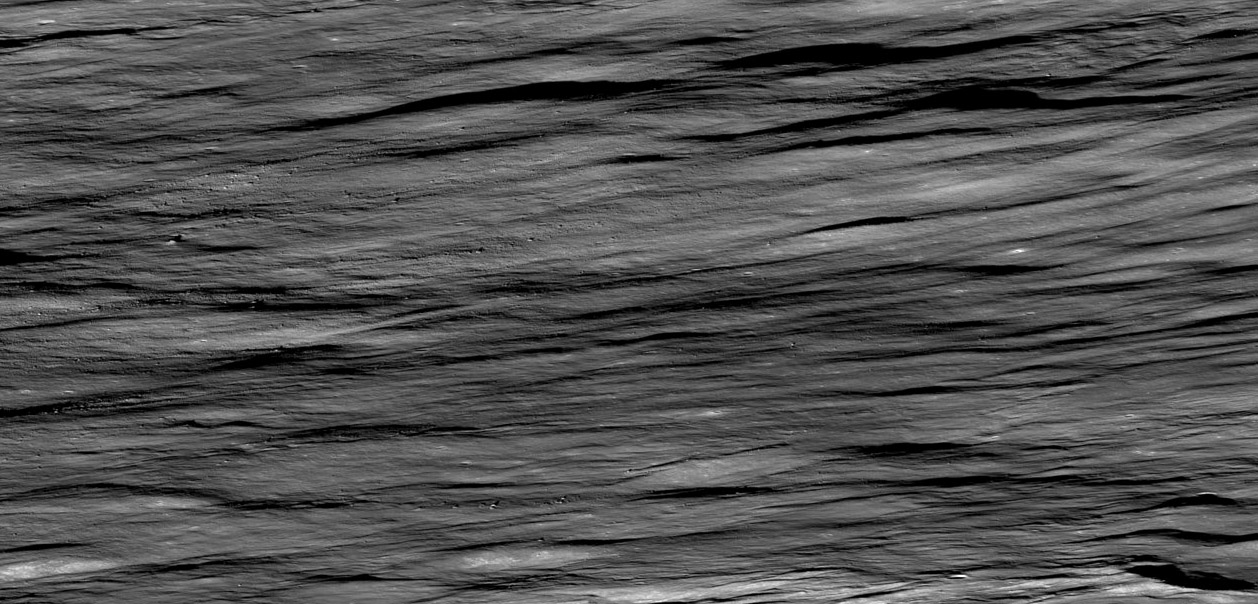Difference between revisions of "May 24, 2012"
| Line 1: | Line 1: | ||
__NOTOC__ | __NOTOC__ | ||
=Ridged Covering= | =Ridged Covering= | ||
| − | |||
<!-- ws:start:WikiTextHeadingRule:0:<h1> --> | <!-- ws:start:WikiTextHeadingRule:0:<h1> --> | ||
<!-- ws:start:WikiTextLocalImageRule:6:<img src="/file/view/LPOD-May24-12.jpg/338944328/LPOD-May24-12.jpg" alt="" title="" /> -->[[File:LPOD-May24-12.jpg|LPOD-May24-12.jpg]]<!-- ws:end:WikiTextLocalImageRule:6 --><br /> | <!-- ws:start:WikiTextLocalImageRule:6:<img src="/file/view/LPOD-May24-12.jpg/338944328/LPOD-May24-12.jpg" alt="" title="" /> -->[[File:LPOD-May24-12.jpg|LPOD-May24-12.jpg]]<!-- ws:end:WikiTextLocalImageRule:6 --><br /> | ||
| Line 14: | Line 13: | ||
craters. About the only thing that can cover older topography and be young enough to not <br /> | craters. About the only thing that can cover older topography and be young enough to not <br /> | ||
have many superposed impact craters is ejecta from a young crater. And the very youngest <br /> | have many superposed impact craters is ejecta from a young crater. And the very youngest <br /> | ||
| − | relatively large crater is the [http://wms.lroc.asu.edu/lroc/view_lroc/LRO-L-LROC-2-EDR-V1.0/M165190579RE answer.] <br /> | + | relatively large crater is the [http://wms.lroc.asu.edu/lroc/view_lroc/LRO-L-LROC-2-EDR-V1.0/M165190579RE" rel="nofollow answer.] <br /> |
<br /> | <br /> | ||
| − | <em>[mailto:tychocrater@yahoo.com Chuck Wood]</em><br /> | + | <em>[mailto:tychocrater@yahoo.com" rel="nofollow Chuck Wood]</em><br /> |
<br /> | <br /> | ||
<hr /> | <hr /> | ||
Revision as of 22:31, 4 January 2015
Ridged Covering

There may only be one other person on the planet who can identify this patch of the Moon.
With very high resolution imaging such a small piece of the lunar surface is shown that no
one can identify it. This view is not quite down in the weeds, it depicts about 2.5 km from
left to right, a small area but not a few hundred meters like a stard LRO high resolution strip.
Lets just look at it to see what can be deduced. First, the view is oblique, looking across a
field of ridges that extend horizontally. There are very few impact craters so this must be
a young surface. But the swales suggest that the ridged material is a layer that buries older
craters. About the only thing that can cover older topography and be young enough to not
have many superposed impact craters is ejecta from a young crater. And the very youngest
relatively large crater is the " rel="nofollow answer.
" rel="nofollow Chuck Wood



